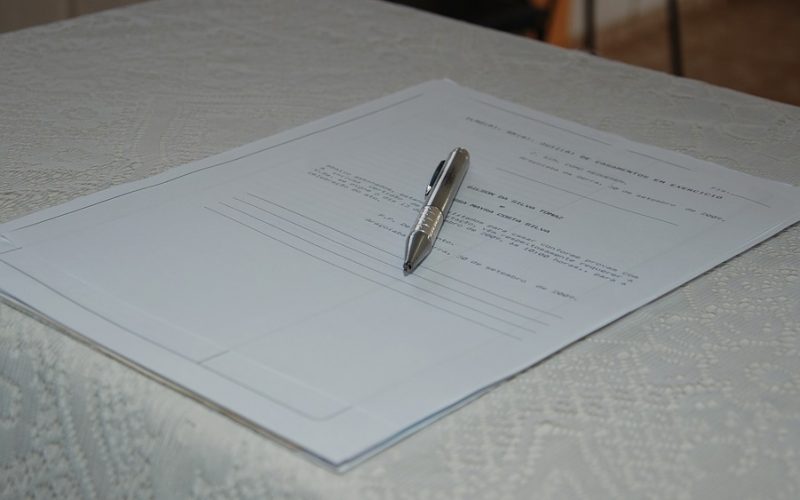Expectations are a natural part of any relationship. They help establish boundaries, create shared goals, and provide clarity about what partners value. However, when these expectations morph into unattainable ideals, they can place an immense strain on partnerships. For some, it isn’t their partner or the relationship itself that leads to discontent – it’s the unrealistic benchmarks they set. This misalignment between expectations and reality can harm even the most promising relationships.
Understanding the roots of high expectations
Having high expectations of a partner often stems from societal ideals, past experiences, or internal insecurities. Romanticised portrayals of relationships in films, media, and literature can shape the belief that a "perfect partner" exists—someone who will fulfil every emotional and psychological need without fault. Similarly, those who have experienced past disappointments in relationships may hold newer partnerships to an impossibly high standard, in an attempt to protect themselves from repeating previous pain.
Additionally, perfectionists or those with unresolved personal fears may unconsciously project these desires onto their partner. They may expect their significant other to "fix" certain aspects of their lives or be a constant source of happiness. Yet, this mindset overlooks the reality that no single individual can carry the emotional weight of another.
The impact of unattainable ideals on relationships
When expectations surpass what is reasonable, they can lead to consistent frustration, resentment, and, ultimately, failure to nurture a healthy connection. For instance, expecting a partner to meet unrealistic standards often causes one to focus solely on their perceived flaws or inadequacies. Instead of valuing their strengths, the emphasis shifts to what they lack. Over time, this relentless criticism or sense of dissatisfaction can alienate the very person you're in a relationship with.
This imbalance also creates an environment where a partner feels judged or unappreciated. Emotional intimacy, vital to a thriving relationship, begins to erode when one or both individuals feel like they’re under constant scrutiny. The partner on the receiving end of these elevated standards may begin to wonder whether they’re valued for who they are or simply evaluated for what they are not.
The difference between ambition and excess
It’s essential to differentiate between positive ambition in a relationship and the weight of excessive expectations. Healthy expectations, such as mutual respect, honesty, and support, are necessary for any relationship to thrive. These are the foundations of trust and nurture a partnership where both individuals strive to be their best selves.
On the contrary, excessive demands often extend beyond what any one person can realistically provide. This can include expecting your partner to always immediately understand your needs, constantly agree with you, or embody an idealised vision that may not align with who they genuinely are. The irony of such expectations is that they often ignore the beauty of human imperfection—qualities that make relationships authentic and meaningful.
Balancing expectations with reality
Striking a balance between having standards and maintaining a realistic view of your partner is critical. This starts with an honest assessment of your own beliefs and behaviours. Reflecting on where your expectations come from, and whether they are fair, can help uncover any unhealthy patterns. Communicating openly with your partner about both your needs and concerns ensures that expectations are shaped collaboratively, rather than unilaterally imposed.
Equally important is recognising and appreciating your partner’s individuality. No relationship will exist without conflict or differences. Rather than viewing these moments through the lens of unmet expectations, they can be seen as opportunities to deepen understanding and grow together. Relationships don’t always need to align perfectly with an idealised narrative; they thrive on connection, shared experiences, and mutual respect.
The path to healthier relationships
Ultimately, unrealistic expectations can be detrimental not only to the relationship but also to personal wellbeing. When you shift the focus from what the relationship "lacks" to what it offers, it can be both freeing and rewarding. Learning to appreciate imperfections, practising patience, and celebrating small efforts can transform a relationship into a resilient and fulfilling partnership.
By fostering a realistic and compassionate view of love, individuals can build stronger foundations with their partners. And in doing so, they create room for acceptance—an essential ingredient that keeps relationships grounded and allows them to flourish. High expectations needn’t be the reason relationships falter; with perspective and openness, they can instead serve as a guide to understanding and growth.























